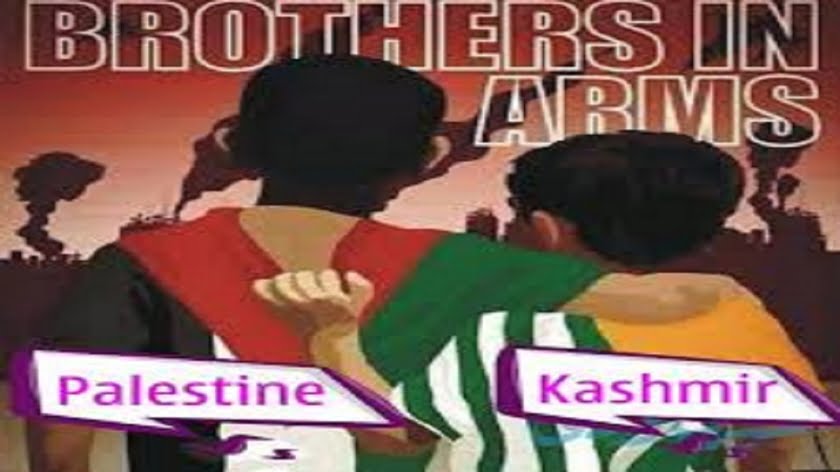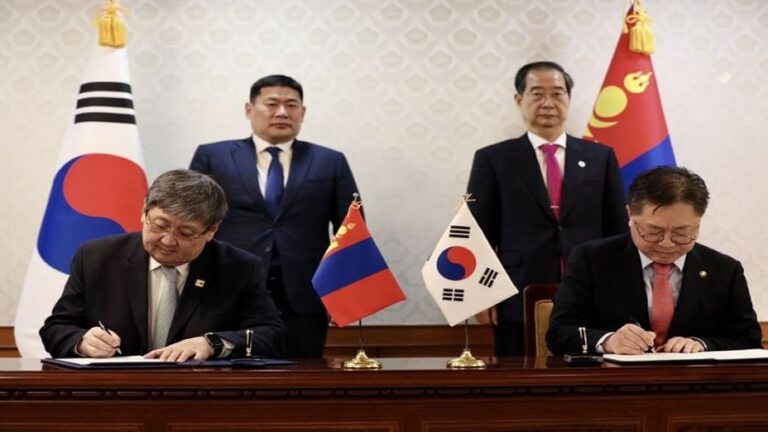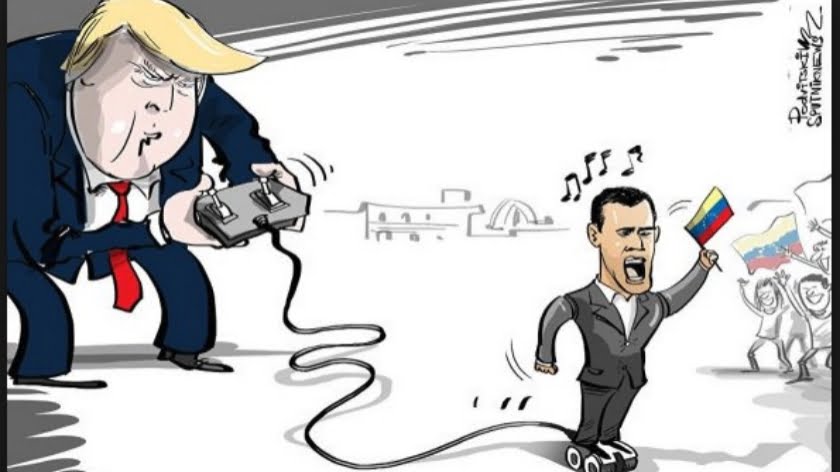Kashmir = Palestine So Support Both Equally!
Andrew Korybko delivered the following remarks while speaking at the Pakistani Embassy in Moscow on 5 February, 2020.
***
Hi Everyone,
Thank you for inviting me to speak at today’s event, I deeply appreciate the honor. It’s important for the world never to forget about Kashmir, and I’ll always do whatever I can to remind people of this unresolved international dispute. The very fact that it remains frozen to this day is entirely due to India’s failure to abide by UNSC Resolutions to hold a democratic plebiscite for deciding the region’s political future, as well as the international community’s reluctance to impose meaningful costs against it that could have compelled it to act.
The situation is more dire than ever before because India’s de-facto annexation of Jammu & Kashmir last August and subsequent imposition of an unprecedented ongoing lockdown against the Valley’s millions of residents runs the credible risk of becoming a serious humanitarian crisis. Nevertheless, the economic interests that many influential countries have with India have muted their response to this internationally illegal move, with Pakistan, China, Turkey, Malaysia, and Iran being the only countries to consistently condemn it.
This stands in stark contrast to the US’ so-called “deal of the century” that generated much more vocal opposition over the past week than India’s unilateral moves have done over the past half year, which speaks volumes about the double standards prevalent when it comes to the support of international law. Palestine and Kashmir are sister struggles that both originated around the same time as the contemporary international order’s formation after World War II, yet they’re treated very differently by many.
Only those individuals and governments which hold such a position can account for why that is, but it’s still important to point out that doing so further erodes the foundation of the post-World War II international order that’s come under threat in recent years. It might be historically inevitable that that system will undergo changes, whether gradual or radical, but attention should still be drawn to the fact that holding double standards towards Palestine and Kashmir only accelerates this trend.
This is all the more ironic since some of the countries practicing this policy regularly criticize that development despite being partially responsible for it due to their double standards. They should be made aware of this and called to account for their actions, even if it’s not expected that they’ll sincerely answer, if at all. The truth is that the prevailing international uncertainty of recent times has given rise to foreign policies that prioritize self-interests over collective ones, which isn’t to render a value judgement but just to make an observation.
Whether this is good or bad in the general sense of global stability remains to be seen, but it’s the reason why double standards are practiced when it comes to criticizing the US’ “deal of the century” for Palestine while remaining silent about India’s de-facto annexation of Kashmir. Since the trend of formulating self-interested foreign policies doesn’t show any convincing signs of reversing anytime soon, it should be accepted as a fait accompli and accordingly incorporated into forthcoming efforts in support of Kashmir.
Simply calling it out for what it is could have a powerful effect on shaping public opinion the world over since the masses aren’t all in support of this development. There are still those, especially in the West, who believe that their nation’s interests are best served by remaining consistent with their policies instead of basically being bought off to remain silent. Selling out to India on Kashmir is no different than selling out to “Israel” on Palestine, which everyone should be reminded about after the attention given to the US’ “deal of the century”.
Thank you.
By Andrew Korybko
Source: One World







